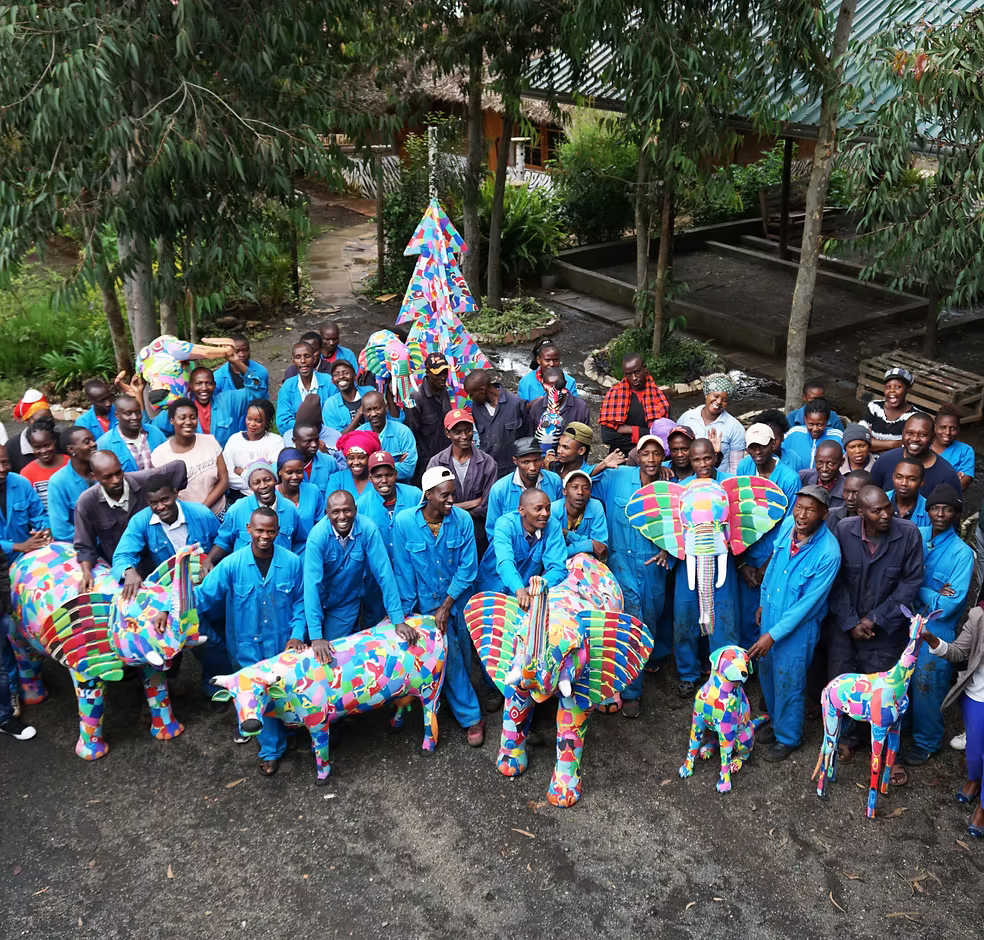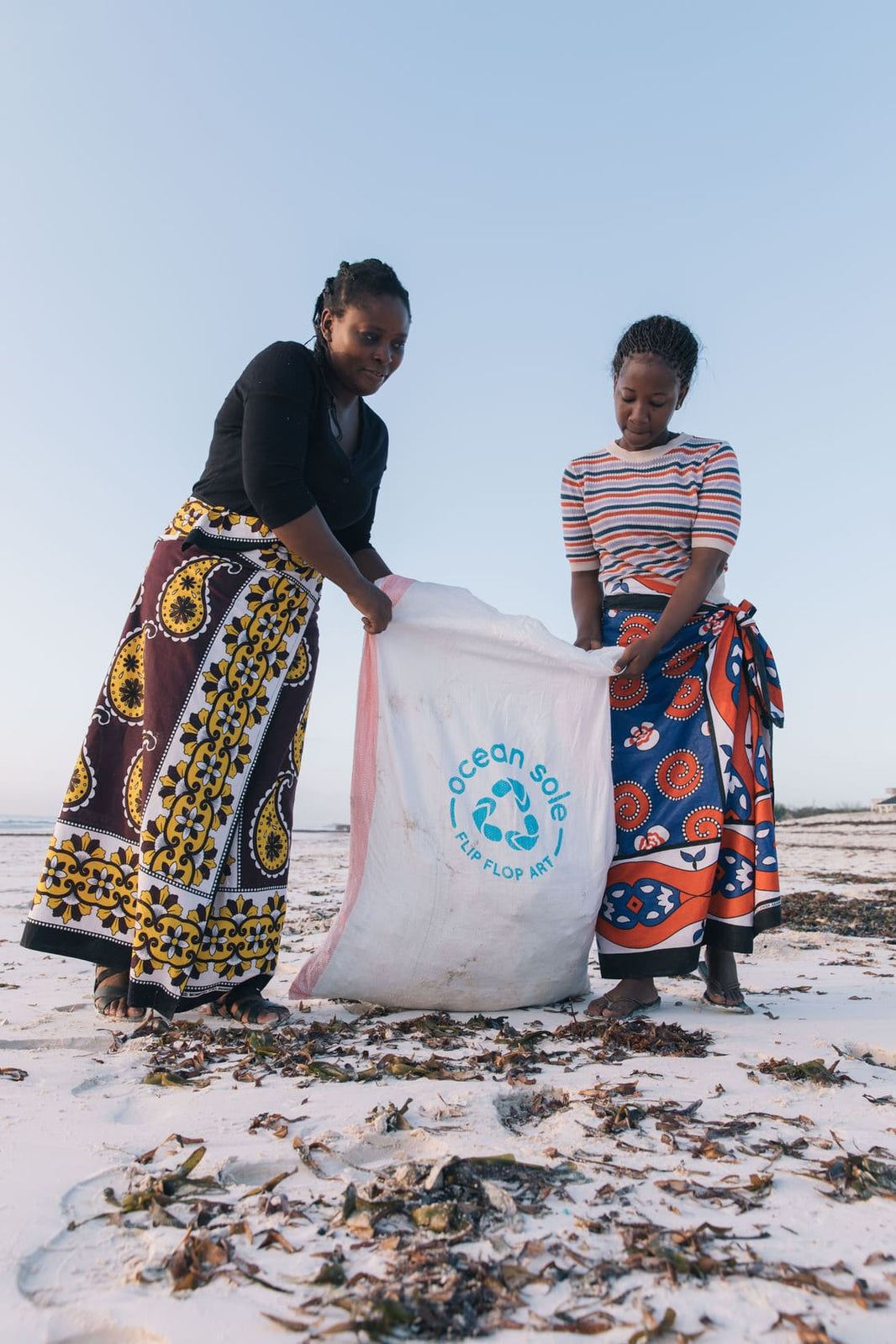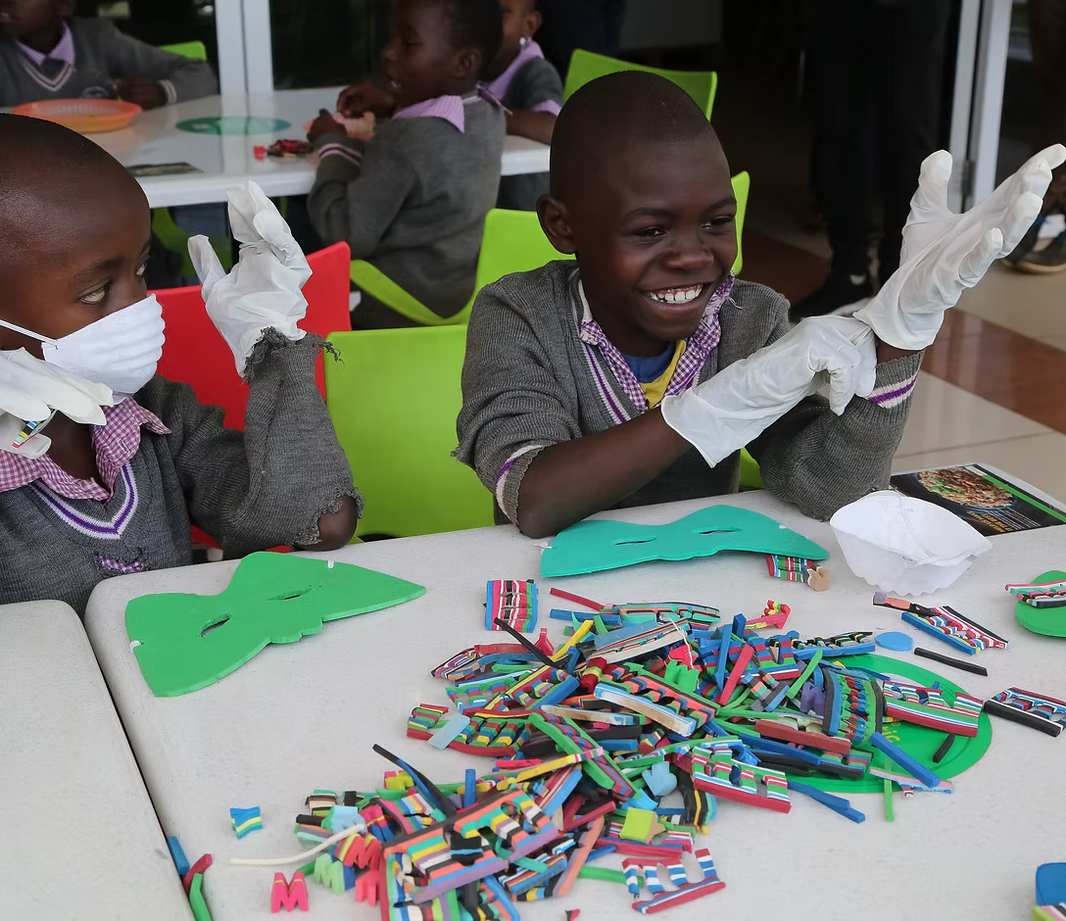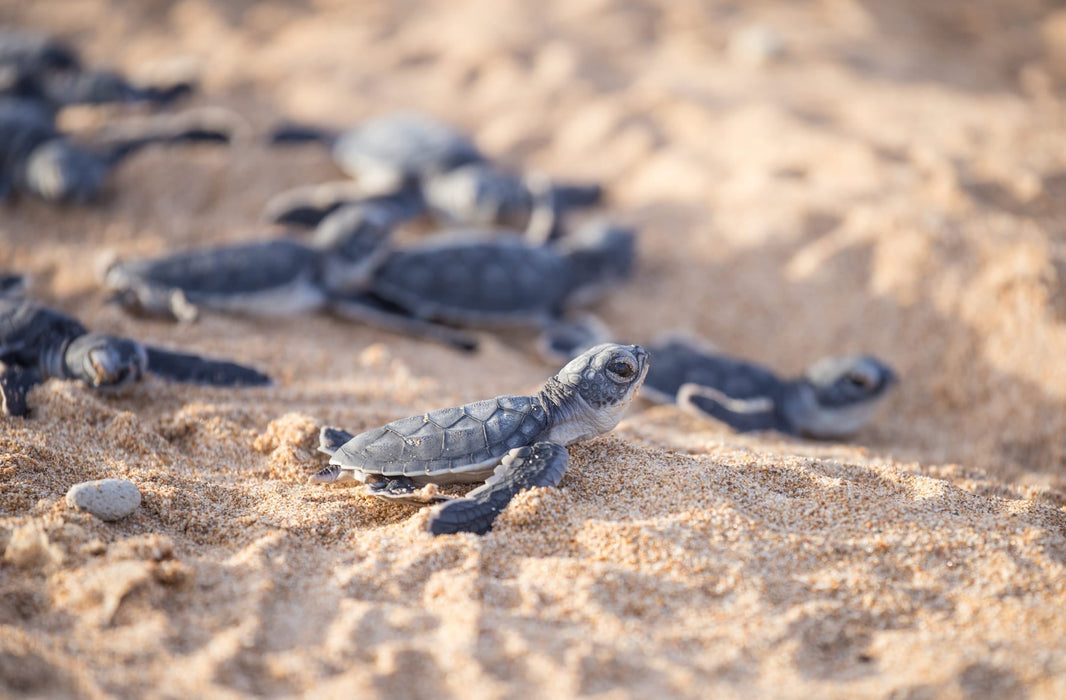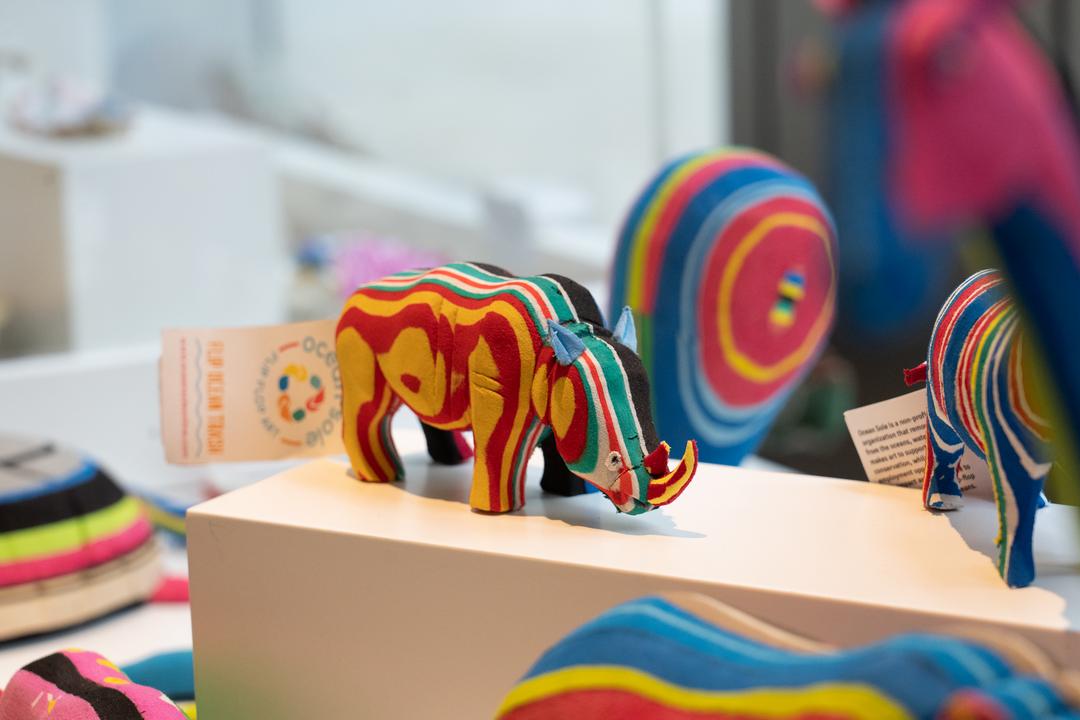This year for Shark Awareness Day, we’d like to spend some time talking about these misunderstood marine creatures.
Sharks are probably one of the most feared animals in the world, but that’s only because they are one of the most misunderstood creatures on this planet.
Contrary to what most people believe, sharks are harmless to humans if they are unprovoked.
#InterestingSharkFacts
Yearly, global shark attacks are less than 100. Research has shown that sharks typically will only bite humans out of curiosity or when they can’t get clear visibility on their target.
There’s a greater chance of being struck by lightning than being attacked or killed by a shark!
Today, there are over 500 known species of sharks, ranging from the tiny dwarf lantern shark, which is able to fit into the palm of your hand, to the gigantic whale shark, which can clock in at up to 10 meters.
As a top predator in our ocean’s ecosystem, sharks play a vital role in keeping the seas healthy and productive.
However, various threats make these ocean giants a targeted and vulnerable species. Shark Awareness Day is all about highlighting the dangers facing sharks and what we can do to protect them.

Sadly, more than 100 million sharks are killed by humans in a year through the following human practices.
- Overfishing and Bycatch

What can we do to help Sharks?
International Shark Awareness Day gives us an opportunity to bring awareness to the plight of sharks as they have now been listed as endangered.
According to the IUCN (International Union for Conservation of Nature) Red List, three of the most endangered shark species are the oceanic whitetip shark, the scalloped hammerhead and the great hammerhead sharks.
These three species of sharks are now classified as ‘critically endangered’ which means they face an extremely high risk of extinction.
You can be the voice for sharks by…
1. Avoid Buying Real Shark Products
Sharks are hunted for their meat, skin, and fins. So many places in the world offer special fin soups or products made out of shark leather. Boycott such places and encourage others to do so too.
2. Educate Others & Spread the Word
Help spread awareness about this day & the growing endangered shark problem by talking about it with others.
Pop culture has done serious damage to sharks' overall public perception. We can help by spreading positivity & true facts about the good sharks do for our ecosystem.
3. Donate to Organizations
Sharks and environmental protection organizations need your help more than ever. They require funds and promotion, and you can help with that by donating your time or money and continuously spreading the conservation word.
—
At Ocean Sole we continue to raise awareness for the sharks by making sculptures that voices their plight. 15% of all proceeds go to conservation efforts and helping keep endangered species alive.
Shop our hand-carved flip flop shark art HERE!
We believe that nothing is impossible! If we come together, we can help give these magnificent creatures a safe home in the oceans. It is possible!
At Ocean Sole, we are a registered non-profit, whose mission is to clean polluted beaches and provide careers to Artisans in high-impact communities.
Email hello@oceansoleafrica.com for custom projects, creative ideas, or just to see how to stay connected & get involved with our mission!

By Maureen Simba




